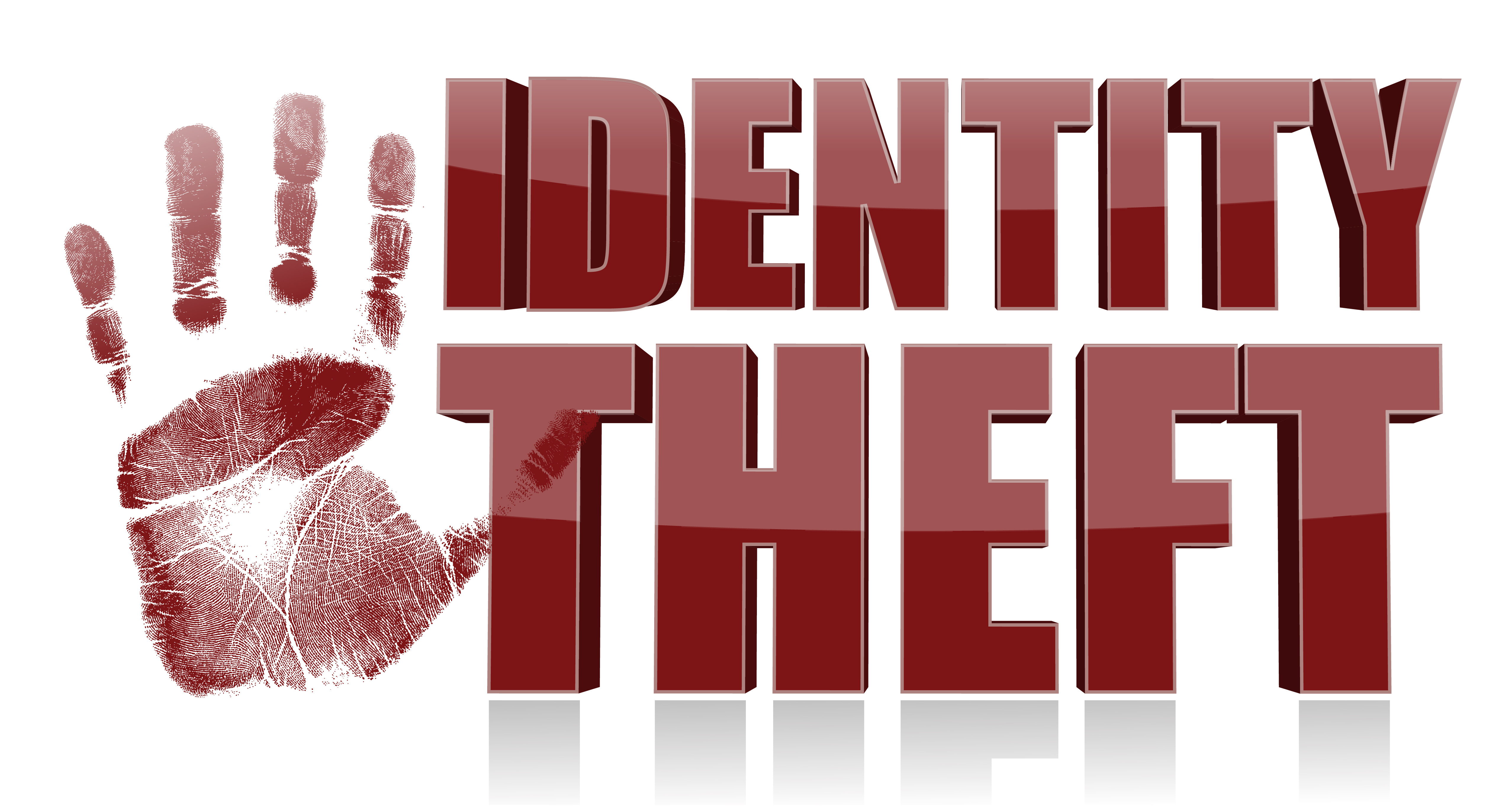
Ron Freitas
District Attorney
District Attorney

Identity theft can happen to ANYONE. It is a serious crime. It can disrupt your finances, credit history and your reputation. It can result in financial losses and take time and money to resolve. Identity theft happens when someone steals your personal information and uses it without your permission. When the crooks have your personal information they can create credit cards and identification cards with your information to make large purchases or finance automobiles, without you even knowing what they are doing. Identity thieves may get your information by stealing your mail, purse, or wallet, going through your garbage, or stealing your sensitive information from a place you do business with. Identity thieves may also call you on the telephone posing as an official such as an IRS agent and try to get you to provide personal information, or by hacking into your computer.

Victims of Identity Theft and / or Misuse can be people, living and deceased, businesses, schools and government offices and agencies. Just because your bank or credit card company reimburses you for your financial loss, does not mean you are not a victim. It means that both you and your financial institution or school or business are both victims. Make a police report so that if and when your credit card, driver's license, mail or other document containing your personal identifying information is found, officers know how to reach you and return your property to you.
In September of 2018, a federal law was implemented which made credit freezes (also know as “security freezes”) free with the respective credit reporting agencies, Experian, Equifax and Transunion - The Federal Trade Commission’s website has a link to each credit bureau’s freeze website. The credit bureaus keep records of your accounts and payment history which credit card companies and lender’s use to assess whether you will pay your bills. If you freeze your file, the bureau’s will not provide information to lenders unless you thaw the freeze first using a special personal ID number. The bureaus cannot charge you to thaw your credit either. Unfortunately, you have to do a freeze at each of the credit reporting agencies. When you want new credit, you have to request a thaw of each credit bureau because you do not know which bureau the lender will use. Parents can create and freeze credit files for their children under the age of 16 free of charge as well.
There is a fourth smaller credit bureau called the National Consumer Telecom and Utilities Exchange which provided information to some cellphone, pay TV and Utility companies. This bureau is housed and managed by Equifax, but is its own separate entity, so you will have to apply to them for a separate freeze of your cellular, Pay TV and or Utility account.
Credit Bureaus also offer a credit lock – but these carry fees because they are not regulated by federal law.
You can also get a fraud alert – it requires credit bureaus to contact you to verify your identity when a company requests your credit file. Under the new legislation, that alert must last a year once established and unlike credit freezes, once you establish it at one bureau it is established at the other two.
San Joaquin County District Attorney Office
222 E. Weber Ave., Room 202, Stockton, CA
(209) 468-2400
Stockton Police Department
22 E. Market Street, Stockton, CA 95202
(209) 937-8377
San Joaquin County Sheriff Office
7000 Michael Canlis Blvd., French Camp, CA 95231
(209) 468-4400
For a list of all local Law Enforcement Agencies, see our RESOURCES page
For more information on Identity Theft contact the Federal Trade Commission
Information contained provided by:
Federal Trade Commission's Identity Theft Page
San Joaquin County CASE program
Katherine Mahood
Deputy District Attorney
Fahnda Hashish
Deputy District Attorney
Angel Pineda
Deputy District Attorney
Message Line:
(209) 468-0659